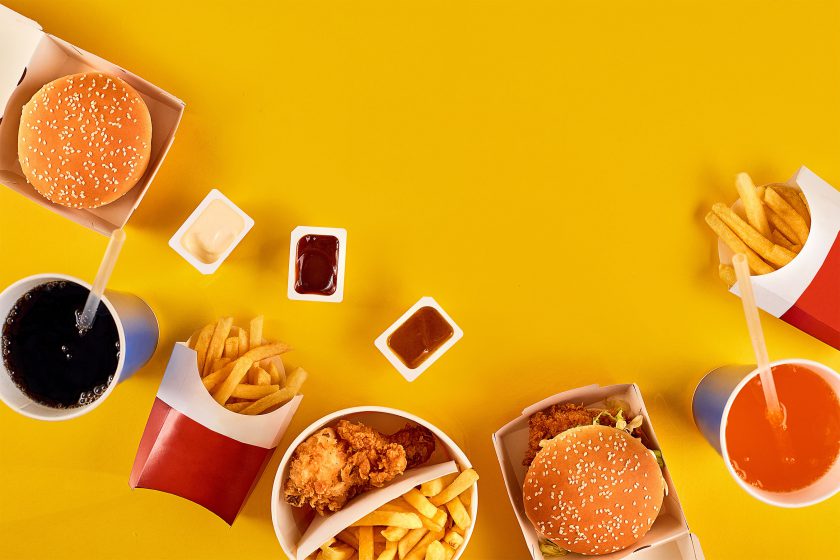Are you driving through fast-food windows, mindlessly eating while you work? Or do you munch while you drive?
You may be out of touch with your eating, and then it’s easy to overeat, said Dr. Jenny Conviser, an expert in the treatment of eating disorders. You can establish mindful eating patterns. She offers this advice:
- Carve out time for meals. Don’t get a lunch break? Fight for one, even if it’s 15 minutes. Research suggests that our brains don’t even fully register the things we’re eating while doing something else.
- Eat sitting down. If you’re going to eat at the refrigerator, pull up a chair! If you commit to eating only while sitting down (at a table no less!), you’re less likely to mindlessly munch. And eat without distractions, like the TV or computer, so you can fully experience what you are eating.
- Learn what “hungry” feels like. Ask yourself if you really are hungry before you eat, or are you eating due to habit or to cope with stress? If you are hungry, allow yourself to eat and plan for healthy snacks during your day. Driving yourself to extreme hunger by skipping meals or not allowing yourself to snack can result in unhealthy binges.
- Notice each sensation. Next time you sit down to eat something, take a moment to notice its shape, color and size. Bring the food to your nose and inhale the aroma. When you take a bite, notice how the texture feels on your tongue. Chew fully before swallowing. Take a moment before taking another bite. Sure, this takes a few extra minutes, but you get to experience food as it’s meant to be—a full sensory experience.
- Check in with yourself. Try stopping for a break midway through your meal for a few minutes. Are you still really hungry? If so, keep eating, and check in again after a few more bites. If not, maybe it’s time to stop and save the rest for later.

